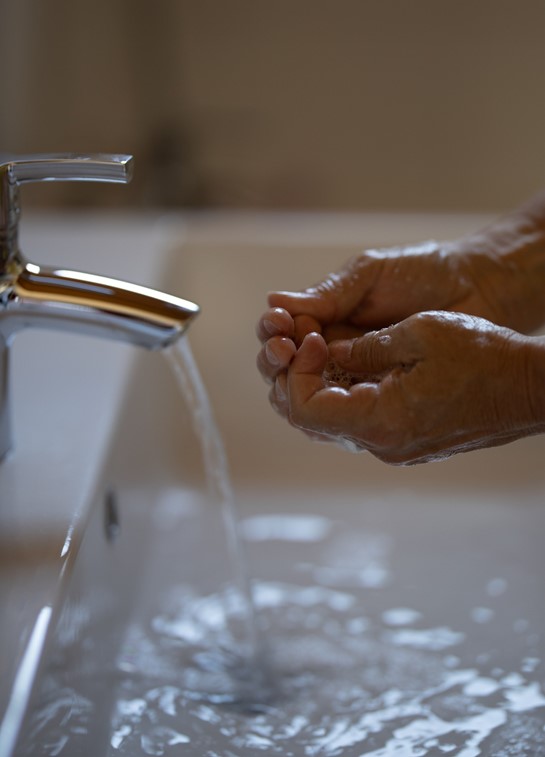
-
Source
Domestic hygiene and ABR
Infection with antibiotic-resistant organisms in community settings has recently been reported among individuals who are not themselves taking antibiotics or living in proximity to other individuals on a course of antibiotics, which are factors often associated with encouraging ABR. This has led researchers to examine the role of domestic antibacterial hygiene and cleaning regimens in contributing to ABR in the community. Researchers have found that antibacterial agents used in cleaning products can confer cross-resistance. This is particularly the case for the antimicrobial triclosan, traditionally found in most liquid hand soaps. The minimum inhibitory concentration for ciprofloxacin increased 94-fold following exposure to triclosan. Other antibacterial agents in household products, including pine oil, have also been implicated in conferring cross-resistance. In this case, cultures of hygiene and use of particular cleaning products may co-select for resistance and increase community transmission.




